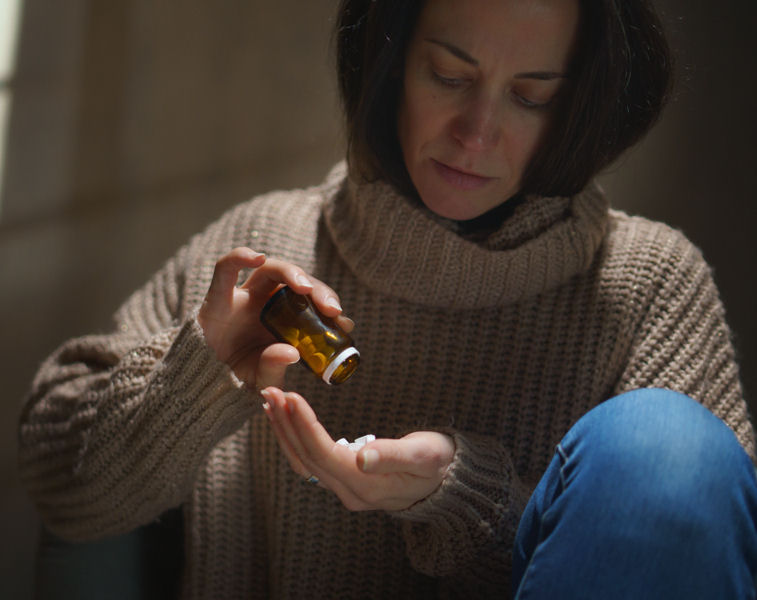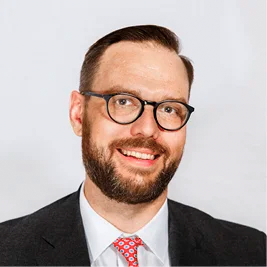Opioid misuse and addiction has become a pervasive and devastating issue across the United States, affecting individuals and communities from all walks of life. This is a life-threatening issue throughout the country and Utah is no exception to this truth. In 2021, more than 600 people lost their lives as a result of drug overdose in Utah. Of those overdose deaths, 67% involved opioids.
Thankfully, there is hope. Acqua Recovery offers comprehensive and personalized care and treatment services to those struggling with opioid addiction. Learn more about our approach to treating opioid use disorder, exploring the various components of our opioid addiction treatment program and the principles that guide our efforts. Let our Utah addiction treatment center help you or your loved one today.



Understanding Opioid Addiction
But, repeated use can lead to tolerance, dependence, and ultimately addiction. Opioid addiction is characterized by compulsive drug-seeking behavior despite negative consequences, often accompanied by physical and psychological withdrawal symptoms when use is discontinued.
Common Types of Opioids
Opioids include both illicit and prescription drugs. Some of the common opioids people use and, sadly, abuse include the following:
- Fentanyl
- Oxycodone (OxyContin)
- Hydrocodone (Vicodin)
- Morphine (Kadian, Avinza)
- Oxymorphone (Opana)
- Codeine
- Heroin
Some individuals may use illicit drugs such as heroin for experimentation purposes or due to peer pressure. Unfortunately, this can lead to severe drug dependence problems.
But, in other cases, opioid addiction often begins with a legitimate prescription medication for pain relief. However, as tolerance develops and individuals require higher doses to achieve the same effect, usage can quickly spiral out of control. The physical and psychological dependence that results from opioid addiction makes quitting extremely difficult without professional assistance.
Signs and Symptoms of Opioid Addiction
- Constricted or pinpoint pupils
- Nausea and vomiting
- Constipation
- Slurred speech
- Shallow breathing or respiratory depression
- Needle marks or track marks (in cases of intravenous drug use)
- Increased secrecy or lying about drug use
- Neglect of personal hygiene and appearance
- Preoccupation with obtaining and using opioids
- Changes in sleep patterns, such as insomnia or excessive drowsiness
- Social withdrawal or isolation from friends and family
- Erratic behavior or mood swings
- Intense cravings for opioids
- Difficulty concentrating or focusing on tasks
- Irritability or agitation when unable to use opioids
- Mood swings, including periods of euphoria followed by depression or anxiety
- Cognitive impairment, including memory problems or confusion
Additionally, a sign of opioid addiction is withdrawal. If a person experiences muscle aches, sweating, tremors, insomnia, nausea, vomiting, diarrhea, or restlessness between doses of a prescription or illicit opioid drug, they may be going through opioid withdrawal.


Opioid Addiction Treatment at Acqua Recovery
Medication-assisted treatment is an evidence-based approach to opioid addiction that combines FDA-approved medications with counseling and behavioral therapies. Acqua Recovery offers MAT options such as buprenorphine and methadone, which help to reduce cravings and withdrawal symptoms, allowing clients to focus on their addiction recovery journey. These medications are administered under medical supervision and are integrated into a comprehensive opioid use disorder treatment plan tailored to each individual’s needs.
Our residential addiction treatment center in Utah offers a structured and supportive environment for individuals struggling with opioid use disorder to focus on their recovery journey. This intensive level of care involves residing at our treatment facility for a specified period, typically ranging from several weeks to several months, depending on the individual’s needs and progress in treatment.
Our outpatient treatment center for opioid addiction offers flexibility and accessibility for individuals seeking recovery from opioid use disorder while allowing them to continue their daily responsibilities such as work, school, or caregiving. This level of care provides structured support and therapeutic interventions on an outpatient basis, allowing clients to attend scheduled sessions at a treatment facility or clinic while continuing to live at home.
Acqua Recovery is a dual diagnosis treatment center that addresses addiction and co-occurring mental health disorders. Those who are suffering from opioid dependence and mental health challenges can rest assured that we will treat these co-existing disorders at our treatment center in Utah.
In addition to traditional therapeutic approaches, Acqua Recovery incorporates holistic therapies to promote overall well-being and healing. These may include mindfulness meditation, yoga, art therapy, and equine-assisted therapy. Holistic modalities address the physical, emotional, and spiritual aspects of addiction, empowering clients to reconnect with themselves and find purpose beyond substance use.
Recovery from opioid addiction is an ongoing process that extends beyond the initial treatment phase. Acqua Recovery recognizes the importance of aftercare planning and provides support to clients as they transition back into their daily lives. This may involve connecting clients with community resources, outpatient services, or sober living arrangements. The goal is to create a sustainable support network that reinforces the skills and strategies learned in treatment.
Overcome Opioid Addiction Today
FAQ
The duration of opioid addiction treatment varies depending on individual needs and the severity of the addiction. Most programs at Acqua Recovery range from 30 to 90 days, with options for extended care and outpatient services as needed.
The cost of opioid addiction treatment can differ significantly based on factors such as the level of care, the length of the program, and the specific treatment center. Many treatment centers, including Acqua Recovery, accept insurance for rehab and offer financing options to help make treatment more accessible.
Medical detox is the initial step in the recovery process, helping to manage withdrawal symptoms and ensure the individual’s safety. At Acqua Recovery, clients receive around-the-clock medical supervision and support during detox, with medications administered as needed to alleviate discomfort and reduce cravings.
Yes, family involvement is a crucial part of the recovery process. At our opioid addiction treatment center, we offer family therapy sessions and support groups to help families heal and learn how to best support their loved ones during recovery.
Upon completing treatment, clients at Acqua Recovery collaborate with their treatment team to develop a comprehensive aftercare plan. This plan may include ongoing therapy, support groups, alumni events, and other resources to help maintain sobriety and prevent relapse.

Dr. Pickrell is a board-certified psychiatrist with interests in addiction and psychiatry. He strives to identify the underlying cause of substance use. His understanding of addiction as the overlapping symptoms of biopsychosocial development is the foundation to his care model. He is committed to helping both patients and families understand that addiction is a treatable medical illness. He has been involved in the treatment of addiction for the last 17 years and completed his residency training at the University of Utah.










